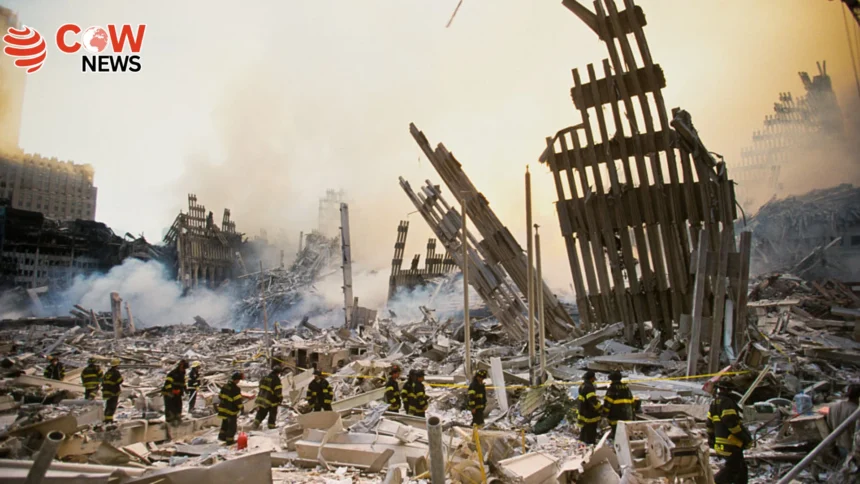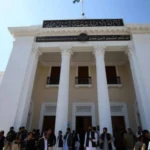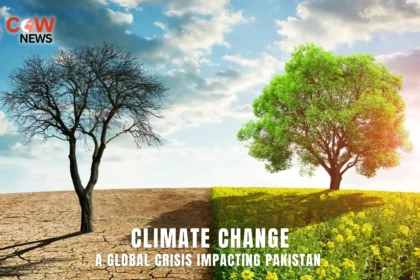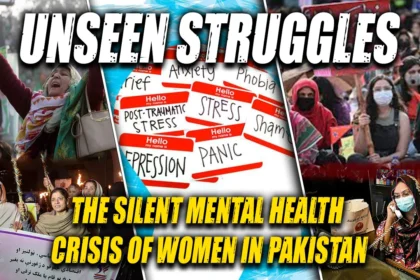(The COW News Digital)On September 11, 2001, the United States suffered the most devastating terrorist attack in its history. Nineteen operatives of al-Qaeda hijacked four commercial airplanes. Two were flown into the twin towers of the World Trade Center in New York, one into the Pentagon in Washington, D.C., and the fourth crashed into a field in Pennsylvania after passengers resisted. Nearly 3,000 people were killed, and thousands more were injured. The U.S. government immediately blamed al-Qaeda, whose leader Osama bin Laden was given sanctuary by the Taliban regime in Afghanistan. That incident served as the catalyst for America’s longest war.
On October 7, 2001, the United States, with NATO allies, launched “Operation Enduring Freedom,” initiating a massive military campaign in Afghanistan. The operation aimed to dismantle al-Qaeda, capture or kill bin Laden, and topple the Taliban government, which had ruled Afghanistan since 1996. Within weeks, the Taliban were ousted from major cities including Kabul, and a transitional government was formed under Hamid Karzai by December 2001.
However, what began as a swift military campaign turned into a two-decade-long war. The Taliban, though initially driven out, regrouped and launched an insurgency using guerrilla warfare. Despite spending over $2 trillion and deploying hundreds of thousands of troops, the United States and its allies struggled to establish lasting peace. Afghanistan remained unstable, with frequent bombings, rising civilian casualties, and endemic corruption in the new Afghan government.
Some achievements were made during the post-Taliban era. Afghan women enjoyed greater freedoms, including access to education and jobs. Civil society and media flourished to some extent. Democratic processes were introduced, although often marred by fraud and weak institutions. Yet, the promises of stability, prosperity, and rights never materialized fully.
As the years dragged on, public support for the war waned, especially in the U.S. The death toll, financial costs, and lack of progress led to widespread disillusionment. In 2020, President Donald Trump began negotiations with the Taliban, culminating in the Doha Agreement. The deal, signed in February 2020, stipulated the withdrawal of U.S. troops by May 2021 in exchange for Taliban assurances to sever ties with terrorist groups and negotiate with the Afghan government.
As U.S. and NATO forces began their withdrawal, the fragile Afghan state unraveled quickly. Despite years of training and billions of dollars in support, the Afghan National Army collapsed with minimal resistance. By mid-2021, the Taliban launched a rapid offensive across rural and urban areas. Within weeks, they captured key cities such as Herat, Kandahar, and Mazar-i-Sharif. On August 15, 2021, Kabul fell without a fight as President Ashraf Ghani fled the country. The Taliban declared the restoration of the “Islamic Emirate of Afghanistan.”
Chaos ensued. Scenes of desperate Afghans clinging to departing aircraft at Kabul airport shocked the world. Panic and fear spread across the nation. While the Taliban promised a more inclusive and moderate government compared to their previous rule, their actions soon betrayed those assurances. Women were barred from secondary and higher education, many lost jobs, media outlets were shut down or censored, and public dissent was brutally suppressed.
Internationally, the Taliban’s government received no formal recognition for years. Countries remained skeptical due to the lack of democratic legitimacy, continued human rights violations, and concerns over terrorism. Most major powers, including the U.S., EU, China, and India, withheld diplomatic recognition and economic engagement. Afghanistan’s economy collapsed. International aid was frozen, foreign reserves were blocked, and sanctions deepened the humanitarian crisis. Millions faced hunger, unemployment, and displacement.
In 2025, a significant shift occurred when Russia became the first country to officially recognize the Taliban government. On July 3, Russia accepted the diplomatic credentials of Taliban envoy Gul Hassan Hassan, calling it a “historic step” to enhance bilateral cooperation. Earlier in April, Russia had removed the Taliban from its official list of terrorist organizations, citing the group’s increased actions against ISIS-K, a mutual threat.
Russia’s motives are both strategic and economic. By recognizing the Taliban, Moscow seeks to expand its influence in Central Asia, fill the void left by the U.S., and strengthen its presence in a geopolitically critical region. Russia has proposed joint projects in energy, agriculture, infrastructure, and transport with Afghanistan. This new alignment reflects a pragmatic, interest-based approach that may inspire other countries to follow suit.
Despite Taliban claims of improved governance and peace, their regime faces internal and external challenges. Domestically, Afghanistan teeters on the edge of economic ruin. Without access to global banking systems, investment, or aid, its economy cannot sustain even basic public services. Inflation, unemployment, and poverty have reached alarming levels. Women, minorities, and youth suffer the most under an oppressive regime that refuses to yield to modern human rights norms.
Militancy has not disappeared either. Although ISIS-K has been targeted, the threat persists, and many regional analysts fear Afghanistan may again become a safe haven for extremist groups. Taliban leadership, many of whom remain sanctioned by the UN or designated as terrorists by the U.S., adds to global unease.
The global community remains divided. While some nations explore engagement out of necessity—either due to security or trade concerns—others argue that recognition should be conditional on political reforms and human rights guarantees. Humanitarian organizations continue to urge countries not to forget the plight of ordinary Afghans caught between global politics and authoritarian rule.
In conclusion, two decades after the U.S. invaded Afghanistan to eliminate terrorism and build democracy, the country finds itself once again under Taliban control—isolated, impoverished, and oppressed. The fall of Kabul in 2021 marked not just a military failure but a moral reckoning for the international community. Russia’s recognition of the Taliban may open new diplomatic pathways, but without meaningful change on the ground, Afghanistan’s long journey through war, occupation, and tyranny is far from over.
Amir Shehzad Editor The COW News Digital







